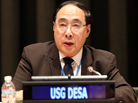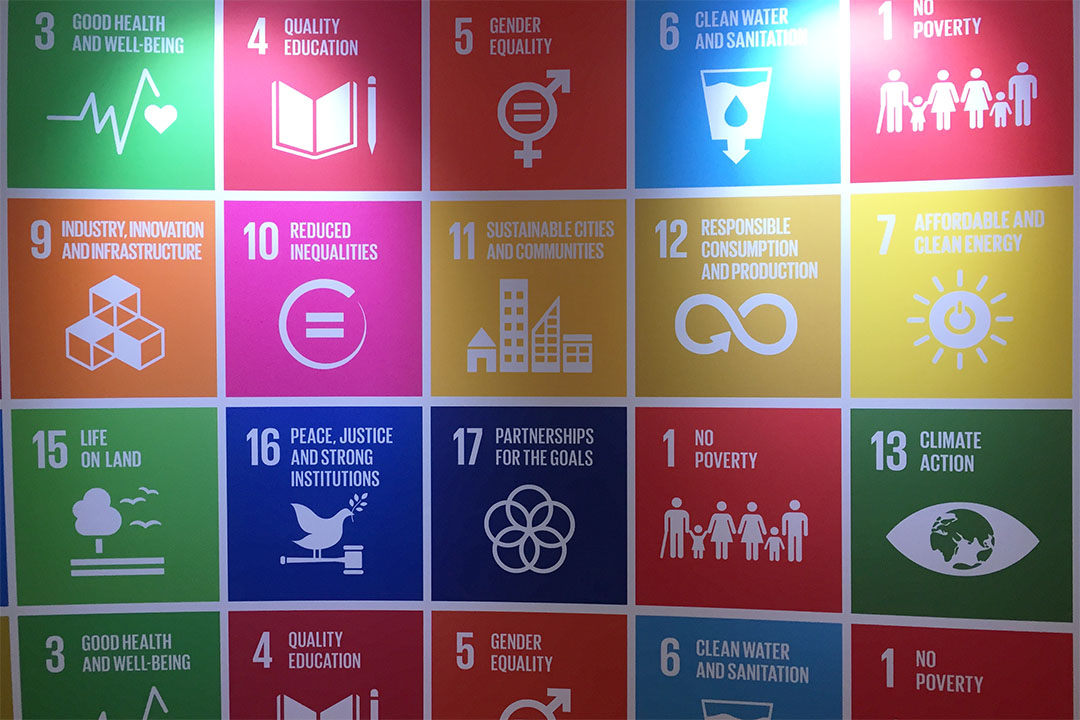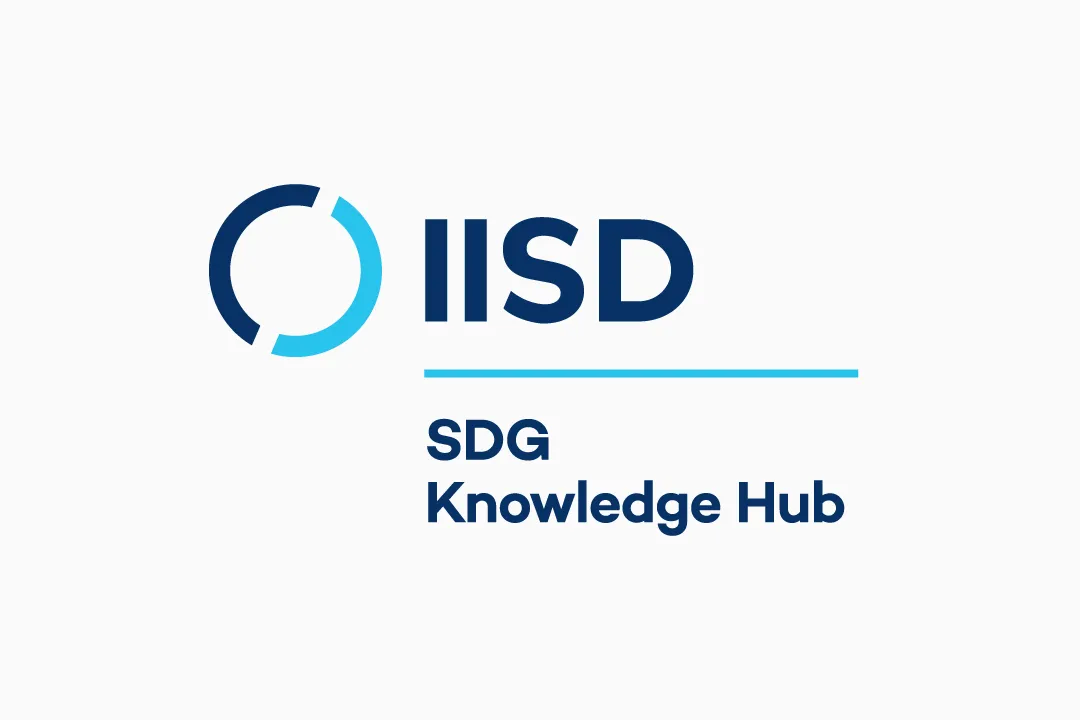 1 July 2014: A discussion of the Prototype Global Sustainable Development Report (GSDR) took place on the margins of the second session of the High-level Political Forum on Sustainable Development (HLPF), on 1 July 2014, in New York, US. The prototype report aims to support Member States’ deliberations in the HLPF on the scope and methodology of a GSDR. The executive summary of the prototype report was presented at HLPF 1 in September 2013.
1 July 2014: A discussion of the Prototype Global Sustainable Development Report (GSDR) took place on the margins of the second session of the High-level Political Forum on Sustainable Development (HLPF), on 1 July 2014, in New York, US. The prototype report aims to support Member States’ deliberations in the HLPF on the scope and methodology of a GSDR. The executive summary of the prototype report was presented at HLPF 1 in September 2013.
The full prototype was launched during HLPF 2 on 1 July, followed by the side event to further discuss the document. The side event was organized by the UN Division for Sustainable Development (DSD), UN Educational, Scientific and Cultural Organization (UNESCO), and UN Industrial Development Organization (UNIDO), and moderated by David O’Connor, DSD.
Following a presentation by Bob Kates, University of Maine, on sustainable development as human well-being, the lead author of the Prototype GSDR, Richard Alexander Roehrl, DESA, presented the report. He highlighted that it provides a landscape of UN assessments, such as the Brundtland report, IPCC, Global Environment Outlook (GEO), and the World Economic and Social Survey (WESS), and reviews progress including by showing trade-offs and synergies. He said one lesson from the prototype is that traditional progress monitoring of the Sustainable Development Goals (SDGs) will not strengthen the science-policy interface.
A series of discussants commented on each section of the report. They included: Manuel Montes, South Centre; Jill Jäger, Sustainable Europe Research Institute (SERI); William Colglazier, US Department of State; Claudio Huepe Minoletti, Universidad Diego Portales, Chile; Gordon McBean, International Council for Science (ICSU); Peng Sizhen, China Ministry of Science and Technology; Keola Souknilanh, Japan External Trade Organization; Fanghong Ye, SASMAC, NASG; Mark Howells, Sweden Royal Institute of Technology; Ana Persic, UNESCO; and Marina Ploutakhina, UNIDO.
Comments highlighted: an interest in greater emphasis on the social sciences; the need to address policy-makers’ actual questions and needs, including things they may not have thought about before, but not just “the questions we wish they would ask;” the need to find balance among credibility, relevance and legitimacy; alignment of the report with the SDGs; the need for scientific quality; and an interest in measuring the balance and coordination among economic, social and environmental issues. One participant called for the establishment of a global sustainable development expert working group to serve as the task force for the report.
The UN Conference on Sustainable Devleopment (UNCSD, or Rio+20) stipulated that the HLPF would “strengthen the science-policy interface through review of documentation bringing together dispersed information and assessments, including in the form of a global sustainable development report, building on existing assessments.” [IISD RS Sources] [Publication: Prototype Global Sustainable Development Report] [Side Event Presentations] [IISD RS Coverage of HLPF 2] [UN Press Release] [Launch of Executive Summary]

